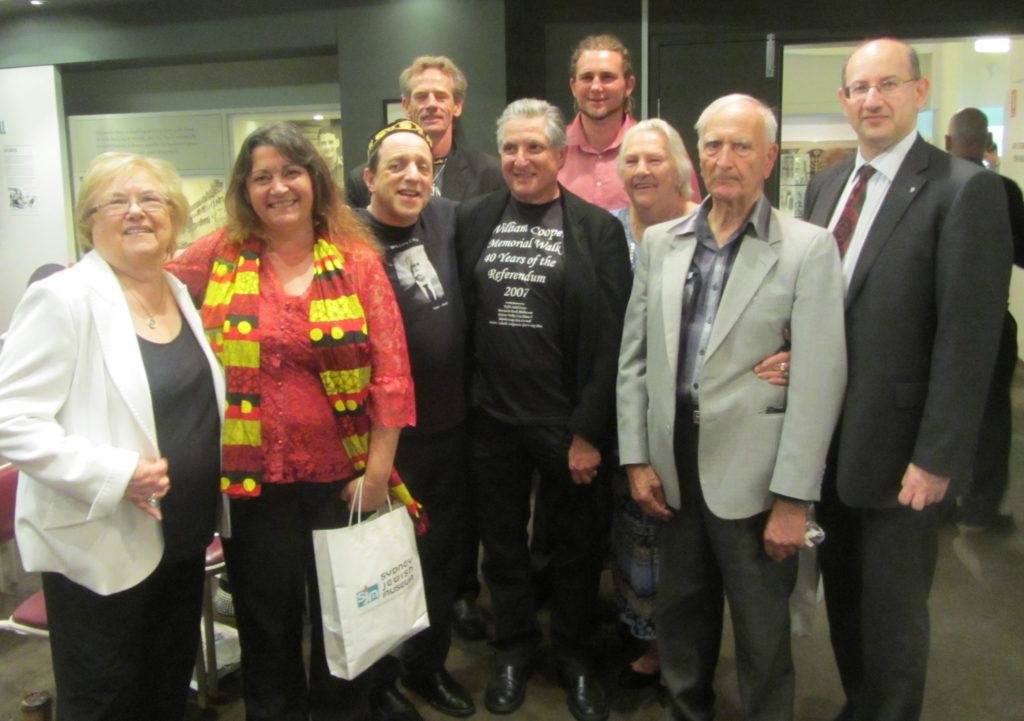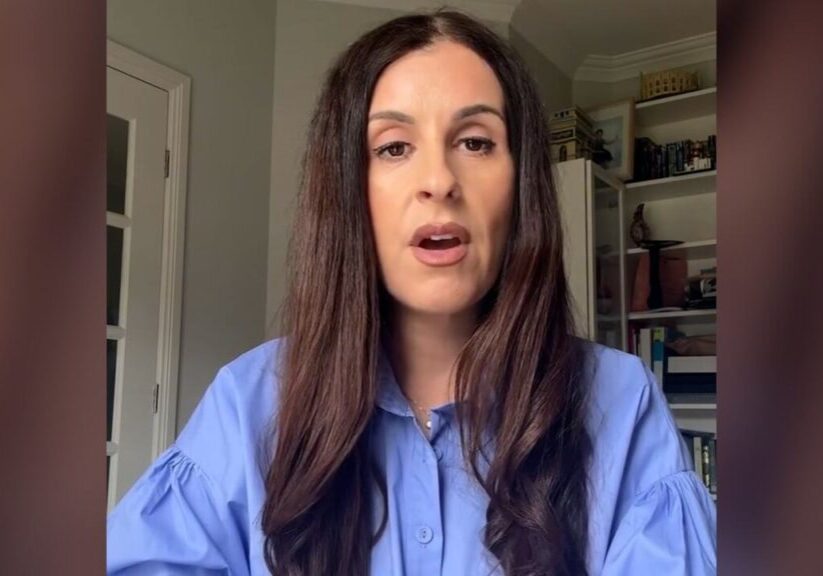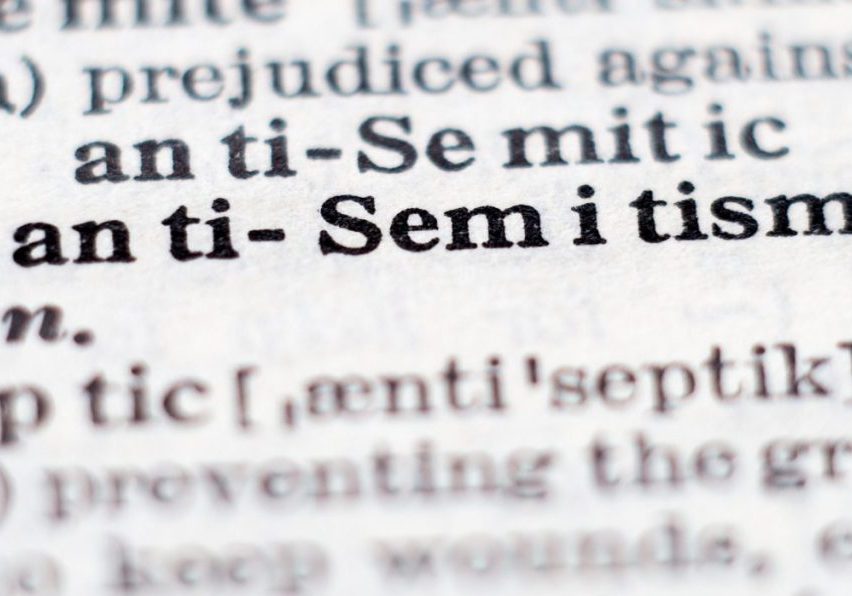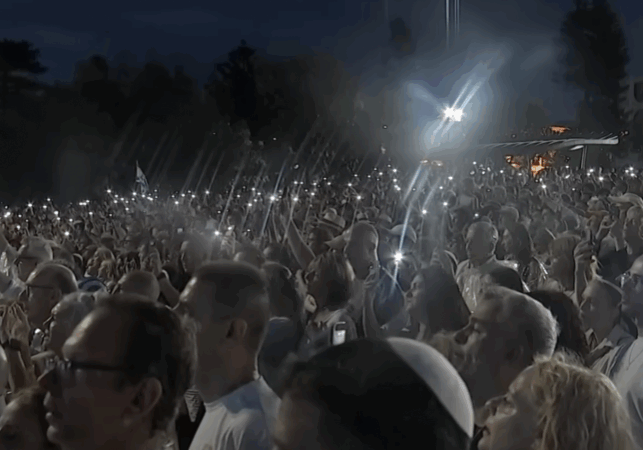Australia/Israel Review
The Last Word: Demonstrating Decency
Dec 20, 2012 | Jeremy Jones

Jeremy Jones
On 6 December 1938, an extraordinary event took place in Melbourne.
William Cooper, an Indigenous Australian in his late 70s, led a delegation to the German Consulate in Melbourne, to deliver a petition formulated after he heard and read reports of “Kristallnacht” and other anti-Jewish manifestations in Germany.
Despite living his life as a member of a people which suffered enormous deprivation and discrimination due to racism, he took a public stand against the persecution of Jews by the Nazis. In recent years, after his story had essentially been untold for decades, a series of events have honoured his outstanding humanity in his campaign for Indigenous Australians and also his stance against Nazism.
Barbara Miller, whom I met when I spoke at the Australian Reconciliation Convention in Melbourne in 1997, launched a fascinating work of social history and biography, “William Cooper – Gentle Warrior”, in December at the Sydney Jewish Museum.
The descendants of William Cooper, with survivors of the Nazis’ attempted genocide, Christians from New Guinea, Jewish and Christian Australians, Members of Parliament and academics, heard some powerful presentations on racism and human dignity. Speakers such as Alf “Uncle Boydie” Turner (the grandson of William Cooper), the Hon. Linda Burney, an articulate, popular NSW Member of Parliament, and Lydia Miller of the Australia Council were testament to the way our society benefits by allowing all individuals the opportunity to contribute to their full potential.
The most powerful speech came from the author herself, who has been a committed social justice activist since her teenage years, when she protested Apartheid, advocated peaceful resolutions of international conflicts and worked tirelessly for Indigenous Australians.
Barbara Miller, like William Cooper, is not a person who subjugates morality to populist opinion or the pronouncements of self-appointed cultural elites, but rather speaks from her heart and from the perspective of a committed Christian with a sense of wrong and right.
Commenting on a tribute to William Cooper in the form of a re-enactment of the 1938 walk from Footscray to central Melbourne, she posed this question: “If William Cooper were alive today, would he have taken part in the re-enactment?” She said she thought he would not have – he would instead be marching on contemporary representatives of discrimination and prejudice.
One address to which a modern day William Cooper would deliver a petition would, she said, be the headquarters of the United Nations – for the disgraceful and immoral behaviour the various organs of that body apply to the rights and aspirations of Jewish people.
The list of candidates and ambassadors he could additionally approach and reproach is depressingly long, but perhaps he would begin with those members of the UN Human Rights Council who have been elected despite racist policies, subjugations of minorities and restrictions on many basic freedoms.
There are, unfortunately, quite a few other addresses to which any prohibitive missive calling for an end to bigotry could be delivered at present.
Jake Lynch, the foghorn of the maximalist anti-Israel boycott movement who risks disgracing the reputation of Sydney University with his quasi-academic attempts to rationalise grubby politics, is one.
Michael Leunig, who, not for the first time, tried to justify inane, uninformed and offensive political commentary in the guise of editorial cartoons through a smorgasbord of defences including personal stupidity, arrogance, historical ignorance and self-righteousness, is another.
Those who have hosted vicious anti-Jewish, anti-Christian, anti-Buddhist and other offensive visitors, as if such people’s outward signs of religious commitment make them suitable guests for religious groups in Australia, also need to learn lessons regarding ethics and morality.
That said, the most important lesson I draw from exposure to William Cooper and his legacy was not the nature of anger at injustice but the commitment to standing up for the dignity of each and every human being.
In the world today, that is behaviour which is far too rare.
Tags: Anti-Zionism






